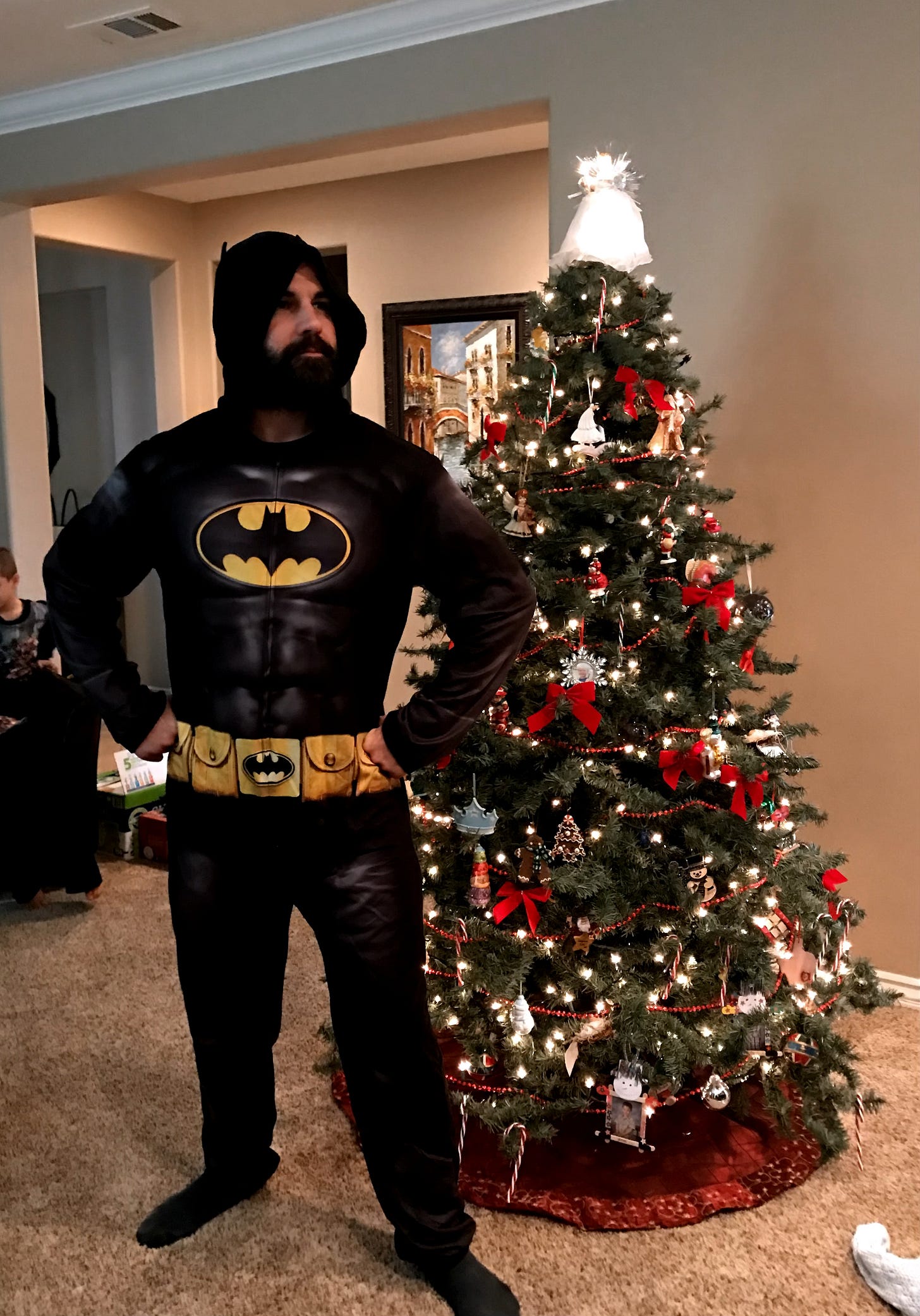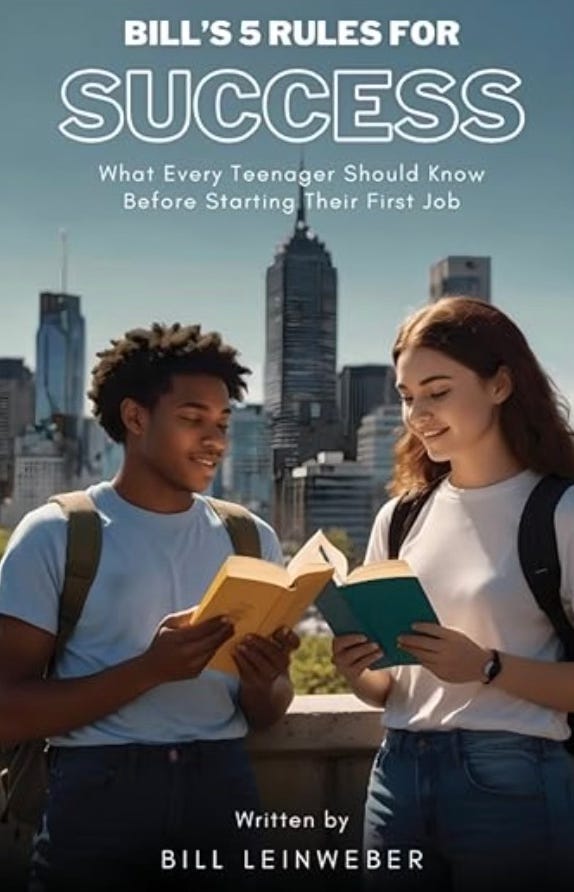The Magic—and Madness—of Memory in Memoir
How our perceptions of truth change over time and what that means for your works-in-progress.

As memoirists and personal essayists, our promise to the reader is to tell the truth. To cull meaningful scenes from our lives and craft a compelling story. We rely on memories, hard facts, and sometimes, reliable compatriots to ensure the words we commit to the page are true.
Yet, every memoir portrays only one part of the whole story from one perspective—and perspective changes.
I recently listened to Jill Ciment’s Consent, a powerful memoir where Jill re-examines her marriage to her artist instructor 30 years her senior. What was most striking to me as I listened was the revision of Jill’s history—even her entire first memoir, Half a Life.
There’s a lot of controversy surrounding Jill’s memoirs. Some memoirists even say Consent is harmful to the genre, that since Jill “revised and changed” her story, she wasn’t telling the whole truth then or now.
But is Consent really a revision of truth? Or a change in perspective due to age and wisdom?
The Evolution of Story
Those of you who follow my work know I have been writing essays about my husband, Brandon, and my uncanny connection to his late wife, Sherise, for years. When I revisit those essays as I write my memoir, I sometimes see them through a different lens.
I see myself as a writer, a wife, a woman who was serving everyone but herself—even a dead woman she never met. I was writing stories about what I knew then framed by the woman I once was.
That’s why when you write your memoir is critical.
About a year ago, I visited the Dallas Museum of Art to hear Dani Shapiro in conversation with my friend Melissa Harrison about Dani’s latest novel, Signal Fires. At the time, I was finalizing my third “Modern Love” submission—one that interrogated every Sherise-related essay I’d ever written (a version of that essay landed in The Cut). So, during the Q&A, I raised my hand.
“You mentioned you would write each of your memoirs differently now. How does it feel to have a changed perspective and know that your published memoir is out in the world with words that don’t represent how you feel today?”
Dani’s response: “In memoir, the relationship between the writer and the story IS the story. The story about a particular event that you would write at age 30 would be a different story writing it at age 50 and would be yet a different story writing it at age 70 … because our memories and our relationships to our stories continues to evolve and evolve and evolve.”
The Changing Truth
So how do you write knowing that what you share now may make you cringe years down the line, or worse may not be entirely true. In Consent, Jill wrestles with that moral conundrum, and for me, her struggle resonated.
“The point of view in a memoir is curious,” she writes. “The writer must trick the reader and herself into believing that she actually remembers how she felt decades ago.”
Memory is fallible. It’s also shaped by perspective. Perhaps that’s why Jill first wrote her story as a novel. With fiction, she could fabricate the morally questionable events of her life to be more palatable.
She published the novel, then later decided to tackle it as a memoir, relying on her memories instead of imagination to bring her experiences to life on the page. But even that attempt wasn’t wholly real. It was told through the lens of 40-something narrator, a woman who was still intent on placing a layer of lacquer over her truth.
With Consent, Jill attempts to set the record straight with what she knows now, in a post-#MeToo world. She revises whole passages of Half a Life with the distinct advantage of hindsight. Real hindsight. The kind you can only get after significant distance from an emotionally charged time.
Coming of Age
Nearly two decades ago, I received the first in a string of 17 Christmas ornaments from Brandon’s parents—a continuation of the collection his late wife Sherise started two years before she died.
About five years into our marriage, I posted a picture on Facebook of Brandon in front of our tree, tagging his mother so she would see her gifts on display: Brandon in the Batman Snuggie she sent him and in the background, the latest “Father Christmas” ornament in Sherise’s Hallmark Christmas collection.
For the first few years, I viewed those ornaments as treasured heirlooms, a way for Brandon’s parents to honor the daughter-in-law they lost and a reminder of how lucky I am to have this life. To have Brandon and our boys. To be alive.
Now that we’re just days after the latest ornament landed on my doorstep, I’m in a different place. I’m a different person. Instead of focusing intently on what Brandon lost, I’ve set my sights on celebrating what he gained.
Reading Consent reminded me that it’s never too late to “re-view” our perceptions of the events in our lives. To rewrite our narratives. To gain more clarity about what really transpired.
Memoir is an excavation of the self that begins with curiosity. Why was I so intent on honoring Sherise’s memory? What do the many synchronicities mean? Did my youngest son actually meet Sherise when he nearly died? So many questions!
I may never have the answers—and that’s okay. It’s the quest for self-discovery that matters most to both the writer and the reader. Even at only 23 years old, Sherise knew that. Her thoughts on the subject:
“Nonfiction/truth-telling sometimes requires of us very difficult acts, telling events and describing people as they were instead of putting a ‘pretty spin’ on things. What is my definition of nonfiction? I would say creative truth-telling if that didn’t seem like an oxymoron.”
Right?! She has a treasure trove of information and guidance in the notebooks she left behind. And I’m conscious of the fact that by plucking passages from her writing, I am creating my own spin on her story.
I’m still not sure if this is the right time to write this memoir. How can we ever know? But I believe it’s always the right time to dig deep into our psyches and explore our personal histories. Maybe Sherise is helping me in that endeavor? I’m also beginning to recognize that it’s okay to end a memoir with an ellipses … as Jill Ciment discovered, it may open the door to a second memoir.
Pro Quote
“I actually appreciate and like having the relationship between the self and the story trapped between hard covers because I can look back now and see what I didn’t know, what I had yet to know, what I was working, over time, to figure out. It’s all in there.” – Dani Shapiro, Dallas Museum of Art, November 28, 2023.
Upcoming Classes
Private Essay Writing Workshop
Two Sundays: January 26, 2025 and February 2, 2025 from 10 a.m. to 1 p.m. Pacific
During this intimate two-Sunday workshop, you’ll have the opportunity to analyze effective personal and reported essays and share your work in an intimate group setting.
The first Sunday we’ll focus on three things:
1. Discussing the difference between personal and reported essays.
2. Reviewing effective essays of both types and identifying the key elements of a salable essay.
3. Brainstorming essay ideas in a low-stakes environment.
The second Sunday we’ll workshop your essays and reported essay pitches live.
Attendees are limited to 8. Please send a sample of your published or unpublished work to amy@amypaturel.com to reserve your spot.
COST: $299
Student Book
This year, former student Bill Leinweber wrote his first book: Bill’s 5 Rules for Success—What Every Teenager Should Know Before Starting Their First Job. My boys turned 13 last month, so this book is particularly relevant in my household.
A favorite passage that applies to ALL of us: “Don’t worry about how fast or slowly others are working … Work is not a competition. It’s best to focus on doing your best and giving the best you have to offer.”
I asked Bill what he learned from the experience of writing his first book. His response: “Allow the energy that guides to speak to you.” The examples he cited emphasized the importance of adapting to what the book wants to be. Writers often have a vision for how they see their work unfolding, but the work (in this case, the book) may have its own ideas about what it wants to be.
Case in point: When Bill started writing about Bill's 5 Rules For Success, he didn’t have teens in mind. But as he was writing his first few chapters, he realized the advice he wanted to share would have the greatest impact on people entering the workforce for the first time.





I read this piece of yours yesterday, and then later started reading Saray Polley's "Run Towards the Danger". She had this to say in the preface, which I thought was very relevant to what you are examining here:
"I've been acutely aware that my childhood experiences inform my current life. I have, until recently, been less conscious of the power of my adult life to inform my relationship to my memories. When I was lucky enough to have experiences in adulthood that echoed pivotal, difficult memories, and to have those experiences go another, better way than they had in the past, my relationship to those memories shifted. The meaning of long-ago experiences transformed in the context of the ever-changing present.
The past and present, I have come to realize, are in constant dialogue, acting upon one another in a kid of reciprocal pressure dance."
I think that's exactly right! And I think it ties into what you wisely said - the relationship between the writer and the story IS the story.
In memoir, the relationship between the writer and the story IS the story. —- I love this!!